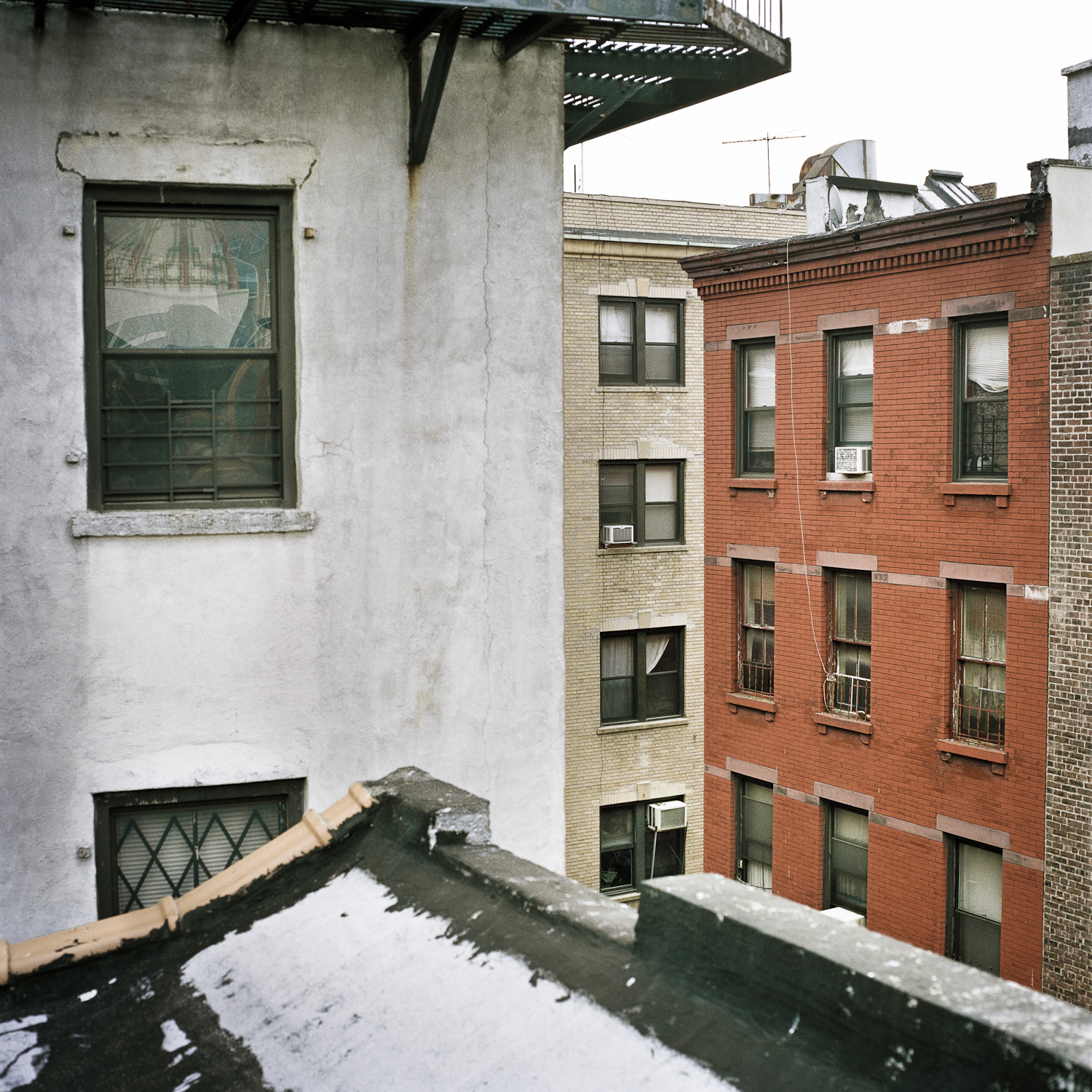
Manhattan’s Chinatown might be best known for decades-old dim sum parlors, hawkers announcing sales of handbags along Canal Street, funeral parlors selling joss paper along Mulberry Street, manga stores, street vendors hawking dragon fruit and gaggles of senior citizens, playing cards or practicing taichi, in Columbus Park.
But it is now also a symbol of inequality, and of how one American metropolis is in truth two cities. According to 2017 Census data, more than 27 percent of residents in Chinatown and the Lower East Side live below the poverty rate, nearly double the city-wide rate of 14 percent. Four-in-ten children and roughly one-third of senior citizens in the neighborhood live below the poverty line. Many of Chinatown’s residents are the last working-class holdouts south of Central Park. Some of the community is currently protesting the four new mega-towers that have been built in the neighborhood. The Department of City Planning rejected a community-led zoning proposal there in 2015, and residents are still waiting for height restrictions and zoning against these sorts of luxury developments.
Even as some long-time landlords refuse to fix housing violations, administrations starting with Mayor Bloomberg’s encouraged real estate speculation, and developers built new high-rise, luxury condos and hotels in Chinatown. As a result, many of the long-time lower-income residents have been displaced by wealthier ones. According to the US Census, the neighborhood lost 17 percent of its Chinese residents between 2000 and 2010. According to community organizers, this is happening in San Francisco and Boston Chinatowns as well. However, because those Chinatowns are smaller, census tract data don’t properly reflect changes there as well.
Manhattan’s Chinatown is now smaller than those in Flushing, Queens and Sunset Park, Brooklyn. Still, it remains a strong cultural and economic center for the Chinese-American diaspora. Each weekend, families drive in from the suburbs to gather, eat, and stock up on groceries; the kids attend dance and language classes. Each Tuesday and Wednesday, young workers come back via so-called Chinatown buses from Chinese restaurants and strip malls up and down the East Coast.
I started writing about the neighborhood in 2010, when I lived there. Although I am a university professor, I didn’t conduct these interviews for academic research; I was just trying to get to know my neighbors better.
As an academic who studies community mobilization, I attended a lot of local planning meetings and worked with local nonprofit groups, like the Hester Street Collaborative. But in interviews, I stuck to asking interviewees about their individual histories and memories of the neighborhood. My poem below, “Lafayette Street,” for example, draws upon these memories, like playing and working in mothers’ garment factories as...
You have reached your article limit
Sign up for a digital subscription and continue reading all new issues, plus our entire archives, for just $1.50/month.
Already a subscriber? Sign in




